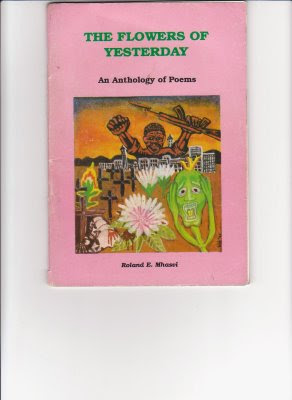More Treasurers; I Love Used Bookstores!

They recently opened a used bookstore in the Country Plaza Mall in Carmichael, right where Gottschalks is located (my reason for visiting the mall). The first time I browsed in the bookstore I didn't find anything likable, but I prices looked good, 99 cents for most paperbacks and $1.99 for hard covers. This is even better than Goodwill. So I went back to the bookstore today, and, what do you know, I found Before the Birth of the Moon by V.Y. Mudimbe, a paperback, so you know what I paid. I have known Mudimbe as a historian, philosopher, critic, but not as a novelist. But he has written more than four novels in French. Sometimes when we talk about African literature, those of us from Anglophone Africa tend to think only of African lit in English, forgetting that we have works that were published in French at the same time Things Fall Apart came out. Anyway, I now know Mudimbe is a novelist and a poet too. According to the blurb, Before the Birth of the Moon is a story of romance...










.jpg)